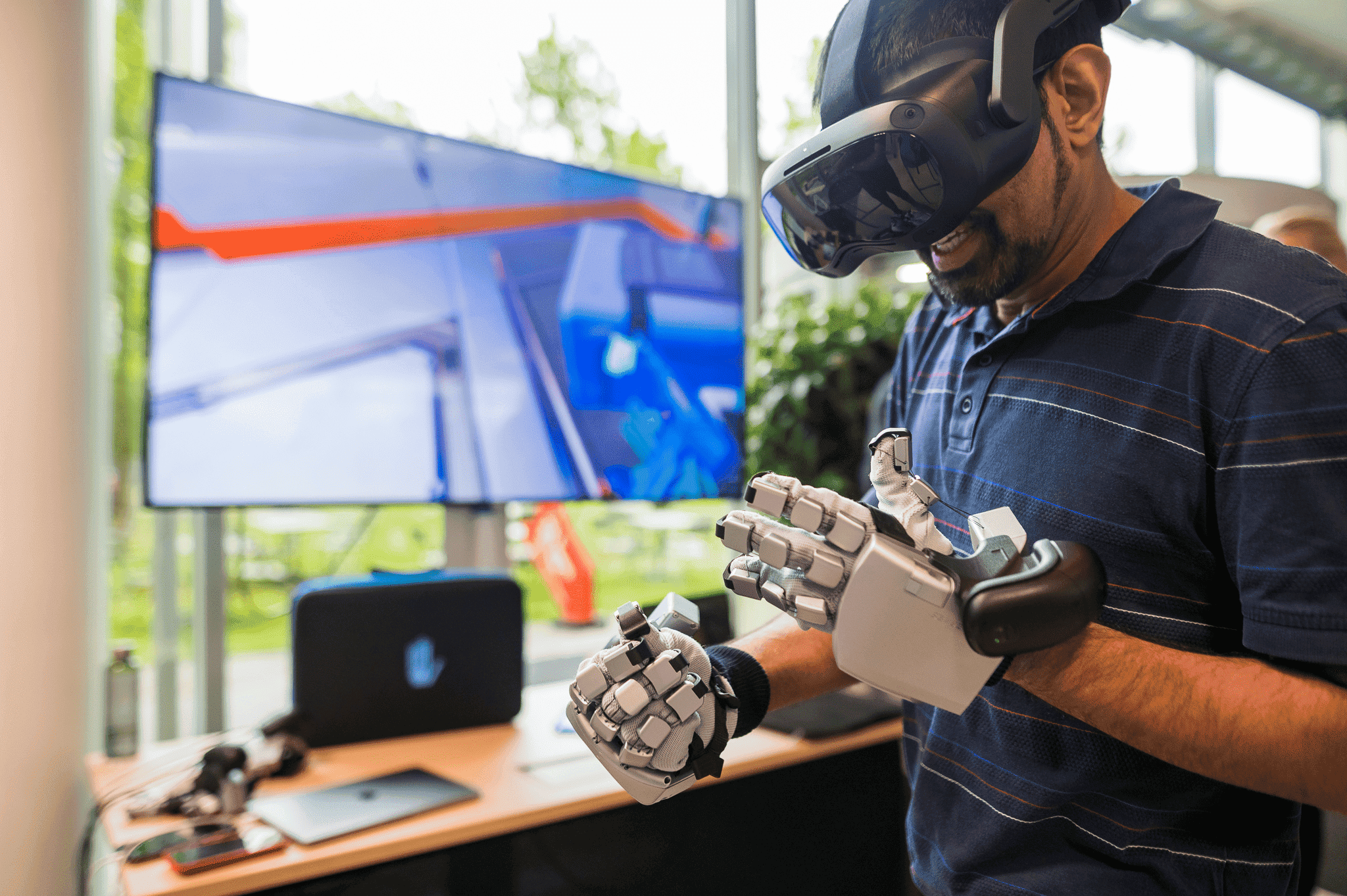
Lily Frank, Department of Philosophy and Ethics at the Technical University of Eindhoven, will be leading this Friday’s workshop organized by KIVI. Frank is a senior researcher at 4TU Centre for Ethics and Technology. The lecture and workshop will be held at the High Tech Campus Boerderij, from 16: hrs on March 9. Registration is free.
Efforts to change people’s behaviour raise many ethical concerns, even when the aims are beneficial and are methods are endorsed by the targeted individuals. The increasing use of technology to improve the effectiveness and efficiency of behaviour change approaches both amplifies familiar issues and introduces some new ethical challenges. In the domain of health promotion, examples of behavior change technologies (BCTs) – devices or technological systems intended to induce a behavior change in the user – include fitness trackers, e-coaching applications, treatment adherence monitors, and approaches that harness peer pressure via social media.
There are real (and even underappreciated) concerns about the BCTs’ potential for exacerbating privacy violations and manipulation, as well as the unequal distribution of benefits and troubling shifts in who gets blamed for bad health. At the same time, the lack of a clear understanding of the potential ethical dangers can also create situations in which enormously beneficial approaches are rejected on the basis of fears of brainwashing puppetmasters and a nanny state. Hence the need for an examination of central ethical challenges being raised by the expansion of behaviour change technologies. That is the focus of this discussion.
In this workshop, the focus will be on several issues and concepts that are particularly pressing and/or in special need of clarification. These issues are first, conceptual clarification of health and its value; second, how considerations of social justice can be included in the design of BCTs; third, how BCTs transform medical care and the doctor-patient relationship, and fourth, how to operationalize the concept of autonomous and use it to assess BCTs.








